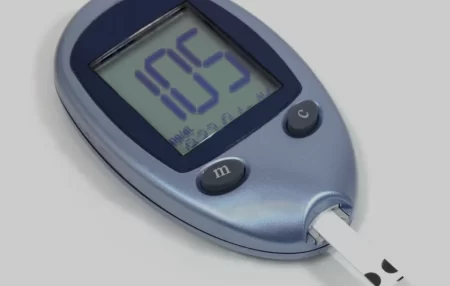Browsing: International Classification of Diseases (ICD) Explorer’s Hub
Welcome to ICD Diseases Code Explorer’s Hub – your destination for detailed articles on diseases and their corresponding ICD codes. Dive deep into our ever-expanding repository to understand the nuances of various diseases, while also gaining insights into their clinical classifications. Whether you’re a medical professional seeking quick references or someone curious about medical coding, this community is tailored for your quest for knowledge.
Demystifying Ischemic Cardiomyopathy and Its ICD-10 Code: A Comprehensive Insight
Ischemic cardiomyopathy is a severe heart condition characterized by a weakened heart muscle due to reduced blood flow (ischemia) to…
Decoding Acute Hypoxic Respiratory Failure and Its ICD-10 Code: A Comprehensive Guide
Acute hypoxic respiratory failure is a life-threatening medical condition where the body doesn’t receive enough oxygen, and it can’t effectively…
ICD-10 and ABN EKG: A Comprehensive Insight into Cardiac Electrophysiology and Medical Coding
Electrocardiography, universally recognized as EKG or ECG, has historically been a cornerstone of diagnostic methodologies in cardiology. It’s a window…
What is Dysuria? Dysuria is a painful condition which causes difficulty in urination. Pain in urination is a common symptom…
PVC (Premature Ventricular Contractions) and ICD-10 Codes: Understanding, Diagnosis, and Management
Premature Ventricular Contractions (PVCs) are abnormal heartbeats that originate in the ventricles of the heart. These extra heartbeats can disrupt…
Type 2 Diabetes ICD-10: Understanding the Classification System
Precision and accuracy are crucial when it comes to the coding and classification of medical information. This is especially true…
In the ever-evolving landscape of healthcare, it is crucial to understand medical codes that aid in accurate diagnosis and billing.…
Constipation ICD-10 Codes: A Comprehensive Guide to Diagnosis
In today’s fast-paced world, health concerns can often take a backseat to our busy lives. However, it’s crucial to pay…
The ICD-10 code for depression is crucial in the world of mental health diagnostics. Millions of individuals worldwide are affected…
Understanding Diarrhea ICD-10 Codes: A Comprehensive Guide
People of all ages might experience diarrhea, a common gastrointestinal condition. Numerous things, including infections, dietary decisions, and underlying medical…













